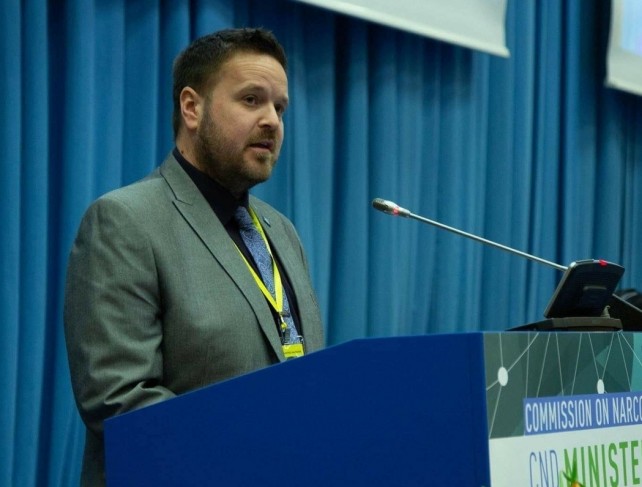People with problematic opioid use are more likely to relapse if they are forced into a compulsory drug detention centre than if they are offered voluntary methadone treatment, a new report shows.
The report – published in the Lancet – is the result of a study undertaken in Malaysia involving the observation of opioid-dependent adults in two settings: compulsory drug detention centres and voluntary drug treatment centres. Individuals in compulsory centres were not provided with opioid substitution therapy, and were required to attend counselling sessions and undertake manual labour. Those in voluntary centres were offered methadone, and were able to optionally access services that the compulsory centres offered.
Researchers found a substantial difference in the effectiveness of the two approaches. Voluntarily-treated individuals had an 80 per cent lower chance of relapsing than compulsorily-treated individuals. Additionally, the median time between being released from the centre and relapsing was 352 days for individuals from the voluntary centres, but only 31 days for those from the compulsory centres.
One of the report's authors, Professor Frederick Altice, said that the study's results demonstrate that compulsory detention centres “are ineffective in treating drug dependence, especially for those who use opioids".
Altice, who is a professor at the Yale School of Medicine, recommends that countries "should instead increase the availability of proven opioid-agonist therapies, such as methadone, and ensure there is adequate access to voluntary treatment programs in community settings".
In 2012, the United Nations called for all member states to close compulsory drug detention centres due to reports of "physical and sexual violence, forced labour, sub-standard conditions, denial of health care, and other measures that violate human rights".
Despite this, the number of people interned in such facilities in East and Southeast Asia has doubled since the UN’s plea, from an estimated 300,000 in 2012 to around 600,000 today.
Former detainees from compulsory detention centres report harsh and violent treatment that seemingly has little relevance to drug dependence treatment.
In a Human Rights Watch report, a former detainee from a Vietnamese centre describes how “if you refused to work they slapped you. If you still refused to work then they sent you to the punishment room. Everyone worked.” Another claims she was “beaten with a truncheon and then locked alone in the solitary confinement cell for one month” after trying to escape.
The prevalence of repressive self-styled "treatment centres" is set to increase in the region, as a facility with a capacity for 10,000 people is being developed in the Philippines, where President Rodrigo Duterte has been waging a bloody drug war.
This report will undoubtedly be well-received by human rights advocates. Repressive regimes in East and Southeast Asia may not take human rights into account in the formulation of their drug policies, but they may be more likely to reconsider their approach if objective evidence indicates that alternatives to compulsory detention would be more effective.


